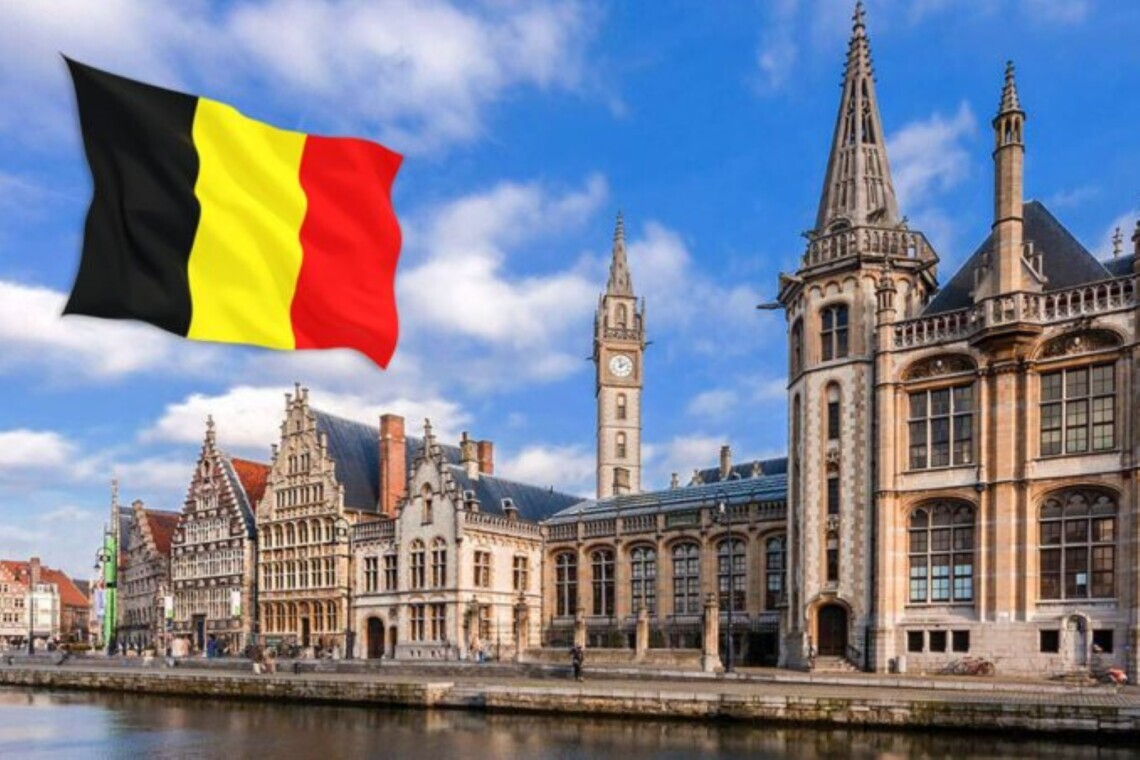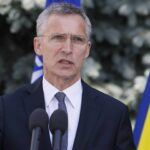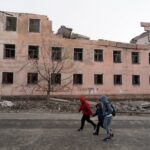In the opinion of Ukrainians, life in Europe is calm and stable. Definitely, the problems in a war-torn country cannot be compared to those facing Europeans today. But if you look more closely, things are not all smooth here either. A good example can be Belgium, which currently has all the prospects for disintegration, as certain political forces speculate. Will the end of stability and peaceful life come here as well?
Unsettled Neighborhood
Belgium consists of three regions: Flanders, Wallonia, and the capital Brussels. Elections are held there every five years, but they are hard to call national. Citizens of Flanders vote for parties represented only in this region, while residents of Wallonia choose French-speaking parties. In Brussels, residents have a general right to vote. Thus, each region has its own political parties and preferences.
The only party with support across the country is the ultra-left Workers’ Party. In Flanders, the leading parties are two nationalist parties: the far-right “Flemish Interest” (Vlaams Belang), which supports the breakup of Belgium, and the right-wing “New Flemish Alliance” (N-VA), which advocates for a confederal form of state and gradual separation. However, the consent of French-speaking political forces is required for a real division of the country.
In Wallonia, the dominant parties are the Socialist Party PS and the center-right liberal party MR (“Reformist Movement”). Some French-speaking parties support state reform but are against its division.
Among Belgian politicians, there are those who have close ties to the Russian government. “Flemish Interest” previously supported a pro-Russian position regarding the war in Ukraine. The party is a rebranding of “Flemish Bloc,” which was condemned for racism in 2004. Despite the name change, the party’s philosophy has not changed, and it continues to advocate separatist and nationalist slogans, oppose immigrants, and have a Eurosceptic stance.
Regarding Ukraine
As for Ukraine, the leader of the “Flemish Interest” Tom Van Grieken in 2014 supported the occupation of Crimea and gave interviews to Russian media, where he called Putin a “good leader.” Van Grieken later admitted that he was wrong about Putin.
Former leader of the “Flemish Interest” party and the first vice president of the Flemish Parliament Devinter has even closer ties with Russia:
- In particular, he was an observer in the parliamentary elections in Russia in 2016 and in the presidential elections in 2018. At that time, Devinter did not see any violations by Russia in conducting the elections, even after the murder of opposition figures, including Boris Nemtsov.
- After the occupation, in 2018, he visited Crimea and participated in the Yalta International Economic Forum. As reported by Russian media, during this meeting, Belgian businessmen planned to allocate 50 million euros for investments in Crimean businesses.
- While serving as a deputy in the local parliament, Devinter worked on opening a so-called representation of the occupied Crimea in Brussels. In 2018, he also demanded the lifting of sanctions on Russia and became a co-author of a corresponding resolution in the Belgian Parliament.
- Belgian media also link Devinter to the former Consul General of Russia in Antwerp Georgy Kuznetsov. A month before the full-scale war, Kuznetsov visited the Flemish Parliament. In April 2022, Belgium expelled Kuznetsov on suspicion of espionage.
- After the start of the full-scale invasion, Devinter tried to distance himself from involvement with Russia. And although the politician calls Putin an aggressor and condemns his actions, he still opposes sanctions and arms transfers to Ukraine.
- In December 2023, Devinter gave an interview to Medvedchuk’s propagandists from Voice of Europe, which fell under EU sanctions for spreading Russian propaganda.
Interestingly, former and current members of the “Flemish Interest” have shown a particular affinity towards Russia in one way or another. Some of them not only visited illegally occupied Crimea and praised its occupation, but also acted as “observers” in elections in the so-called “DPR”.
Separatist sentiments in Belgium: is Russia involved?
Historians tell us that the movement towards separatism in the country has been actively spreading from the Flemish region for the last 30-40 years. Besides the linguistic factor, there is also a cultural sense of difference between Flanders and Wallonia.
Until the 1970s, Wallonia was a wealthier region than Flanders due to its industrial sector. Moreover, it was the French-speaking part that formed the country’s elite. At that time, residents of Flanders felt injustice, and now, after the region’s prosperity, the inhabitants wanted to become more autonomous. However, according to experts, the breakup of Belgium is unlikely to happen anytime soon.
There is discontent and disappointment from both the Flemish and Walloon sides, but there are no signs that the country will split in the near future.
Roland Freudenstein believes that Russian narratives and their influence are not the main reason for the division in political views between Flanders and Wallonia. According to him, there is real tension between the regions, and it was not the Kremlin that created it. However, Moscow actively supports any division in European societies.
Russians try to exploit any conflict in societies in European countries. Since regional separatism and cultural divisions are powerful drivers of conflicts in societies, Russia certainly takes advantage of this.


